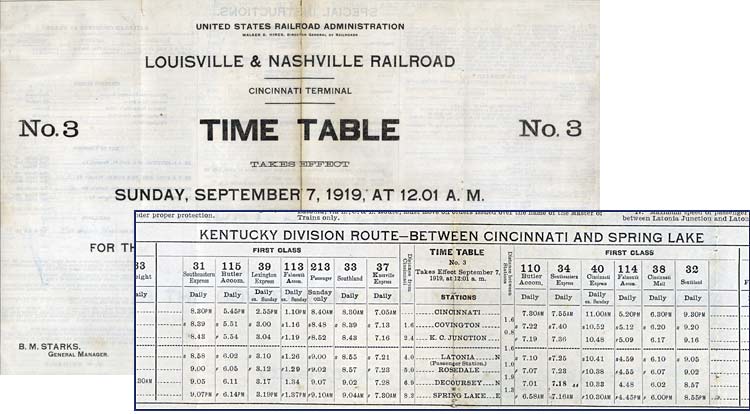On March 15, 1916, the legislature approved an act to secure "the registration of legislative counsel and legislative agents"
and "to define and prohibit corrupt lobbying." All agents employed by any "person, corporation or association" employing a
lobbyist were required to register their names upon the legislative docket to be maintained by the state attorney-general.
No such legislative counsel shall be compensated in any way which is dependent on the "passage or defeat of any proposed legislation."
All such legislative counsel were to be required to file a report of all expenses incurred during the performance of their
duties. They were forbidden to visit the floor of either house while the legislature was in session. All efforts on their
part to influence the course of legislation in any way "by coercion, intimidation or bribery" shall be considered corrupt
lobbying to be punishable by a combination of fines of one thousand dollars to five thousand dollars and terms of imprisonment
from one year to five years.
Because of the importance of pending legislation, the legislature declared an emergency so that the act will "take effect from
and after its passage and approval by the Governor."

The most powerful lobby in Kentucky in the late nineteenth and early twentieth centuries was the Louisville & Nashville Railroad. Many state and local officials were on the payroll of this company, and many others received free passes for themselves and their families. It was observed in 1900 that "a man could not be elected justice of the peace or school trustee without the sanction of the Louisville and Nashville politicians." (A New Kentucky History. Harrison & Klotter, 1997) Louisville & Nashville Railroad timetable, 1919. Paul Marion Darnell Railroad Research Collection, Kentucky Historical Society Collections.
